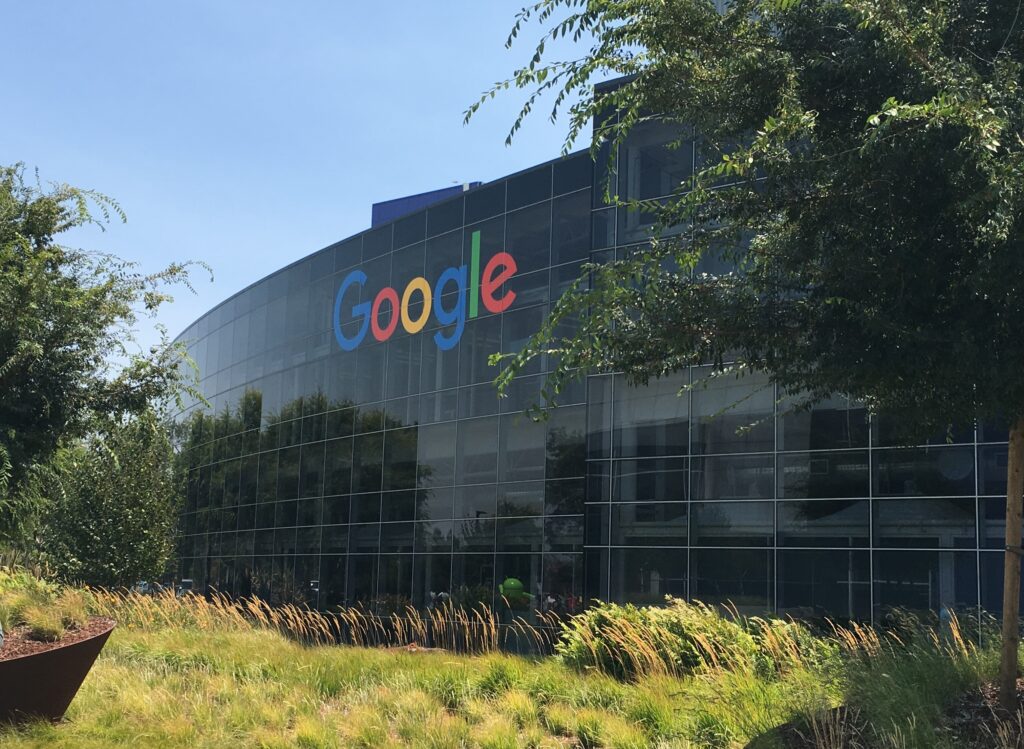
Google is taking action in response to proposed legislation in California, which would require big tech firms to compensate news outlets for their content. The tech giant announced on Friday, via a blog post, that it is removing links to California news websites as a “test” to assess the potential impact of the legislation on user experience. This move is expected to affect only a small percentage of California users.
The proposed legislation, known as the California Journalism Preservation Act, is yet to be heard by the state’s Senate Judiciary Committee. If passed, it would mandate digital platforms like Google and Meta to pay a “journalism usage fee” to eligible news outlets when their content is used alongside digital advertisements.
The bill has garnered attention amid concerns that news aggregation practices by tech companies may divert users away from news websites. Lawmakers and proponents argue that while tech giants benefit financially from sharing content from small and local news publishers, these publishers do not receive adequate compensation.
Responding to Google’s action, California State Senate President Pro-Tempore Mike McGuire criticized it as “bullying” and an “abuse of power,” emphasizing the importance of news in keeping the public informed, especially during emergencies.
Google has opposed similar legislation in other countries, including Canada and Australia. In these cases, the company threatened to remove links to news content from its platforms if the laws were enacted as proposed. However, Google eventually reached agreements with news publishers in both countries, avoiding the removal of links.
Critics argue that Google’s actions suppress access to critical information and underscore the need for legislation to ensure fair compensation for news content. However, Google maintains that the proposed legislation would create uncertainty for businesses and has raised concerns about its feasibility.
As discussions around the legislation continue, the implications for the future of news distribution and the relationship between tech companies and publishers remain at the forefront of the debate.